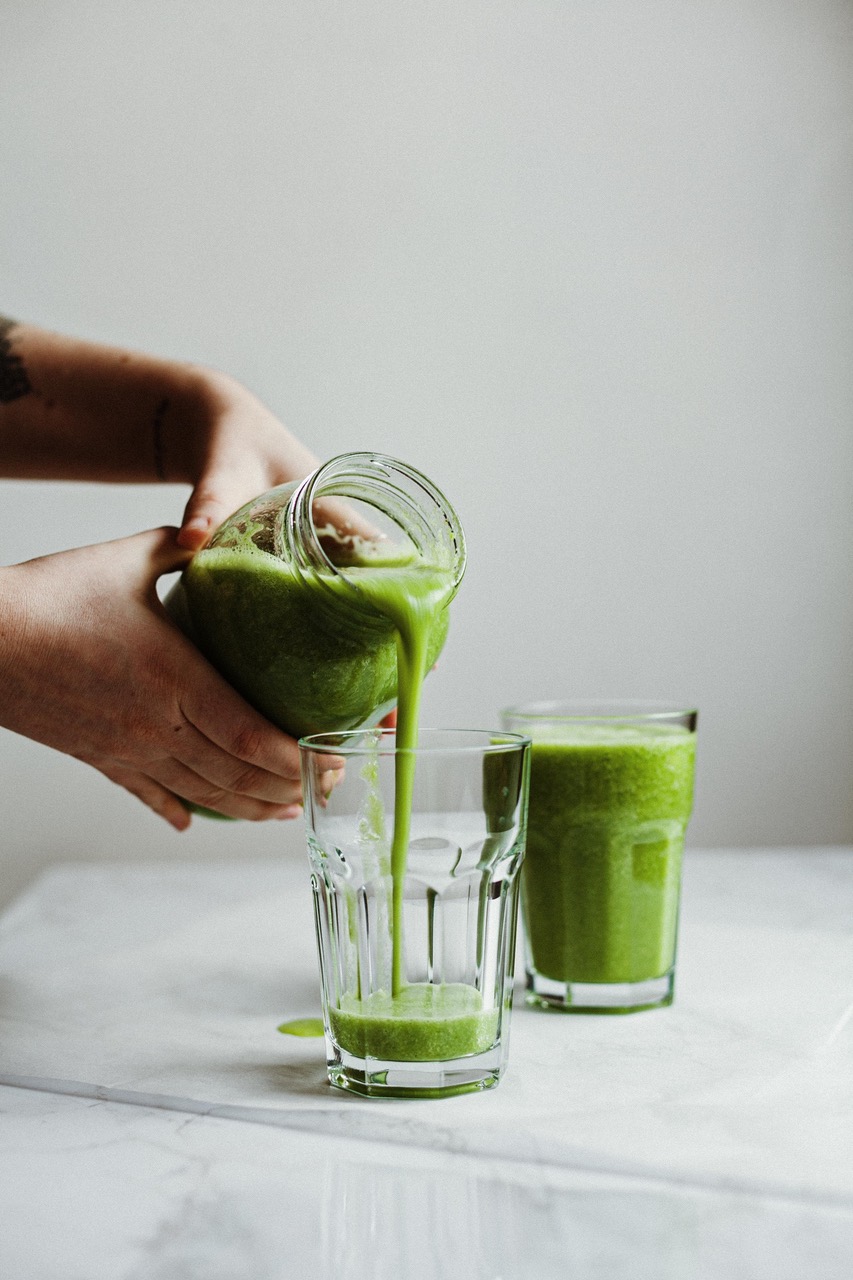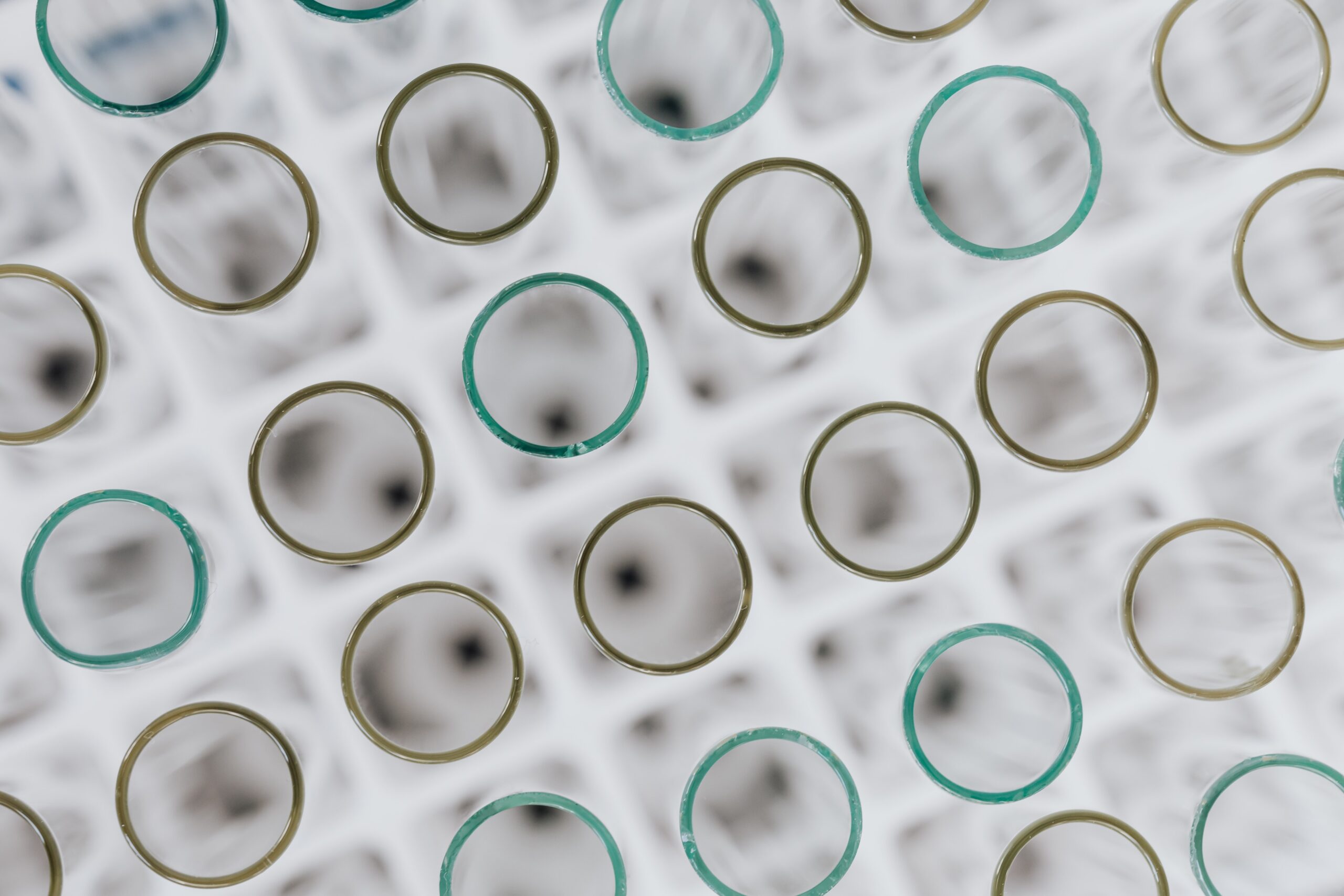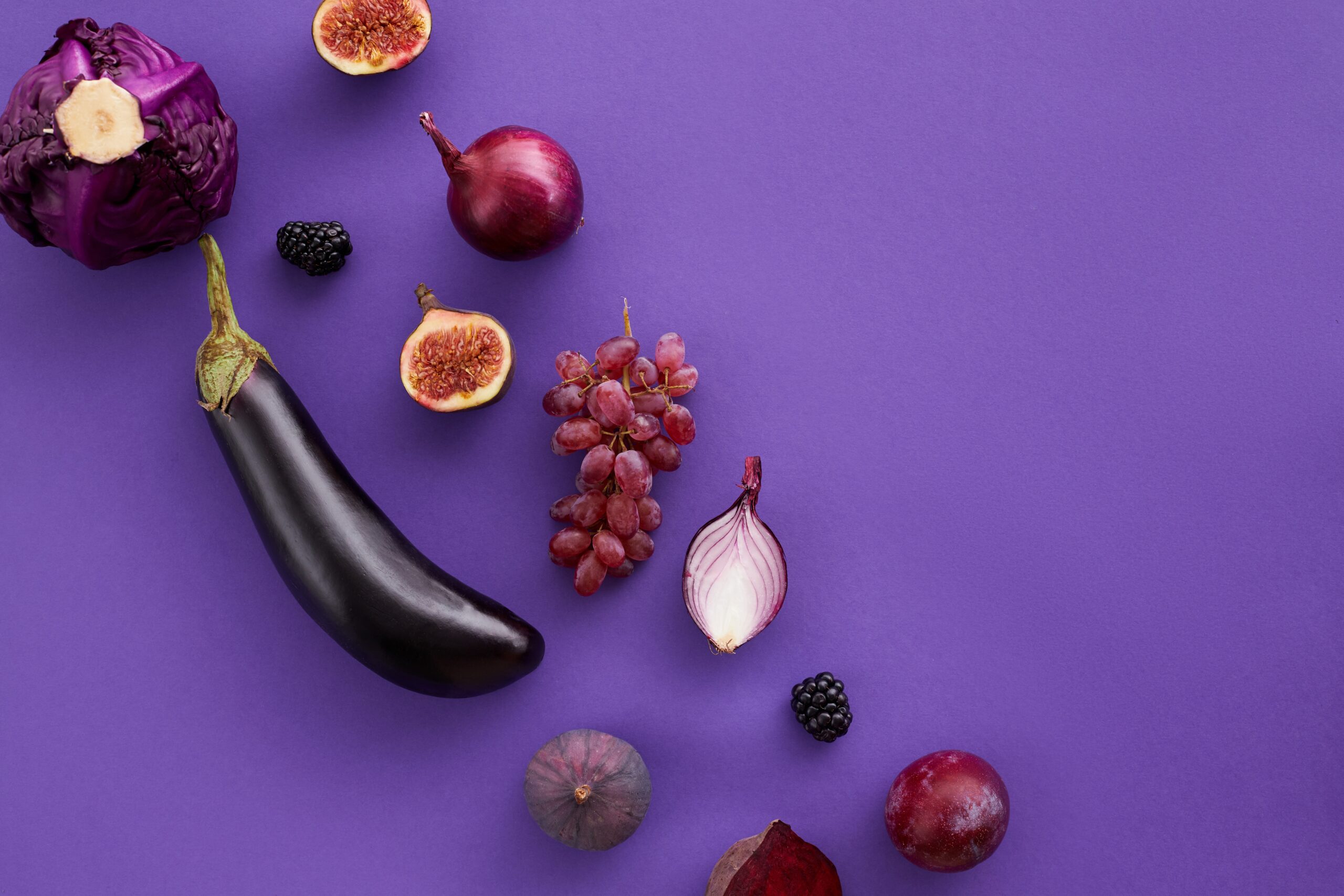Why I am not a fan of smoothies I break ranks with the rest of the nutrition world on this one. Smoothies are the darling of social media and wellness advocates everywhere (in fact we’ve all seen them on our feeds ad nauseam) but I will only recommend them in certain circumstances. Smoothies are a […]
Have gut issues? Or maybe you just really want to optimise your health? Microbiome testing is an accurate way to get a snap shot of your gut health and the results are both actionable and measurable (and don’t worry, it’s also non-invasive and can be easily done at home!). A microbiome test might be relevant […]
Today we will be exploring what you should be eating to feed your microbiome so they can thrive. In short, you need to be eating a super diverse diet with lots of plant foods – the key here is variety! We are after around 40 different types of plant food per week. Some strategies for […]
7 things that are harming your good gut bugs (Some of them might surprise you!) Today I’m talking about seven things that can harm your good gut bacteria. Some may be obvious, and some may be things you have never even thought of! Antibiotics. Whilst they’ve saved so many lives, they are also designed to […]
Browse by Category
mindset
weight loss
hypothyroidism
fatigue
gut health
client results
Looking for Answers?
Every fortnight I send out a little Hello from me to you. It's always got some helpful tidbits for making your Hashi's health goals a reality.
I'm generous so I also send out recipes and other freebies which aren't available elsewhere. You might also hear abut a free workshop I'm hosting or other events I think you might be interested in.
Integrity is very important to me so I respect your time (and brain space!) and only touch base once a fortnight, nooo maam there is no spam! If you're thinking about collaborating with me on your health journey then it's a good way to see if you think we are a good fit too.
Want to keep in touch?
Better than free gelato!






